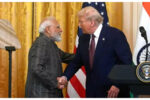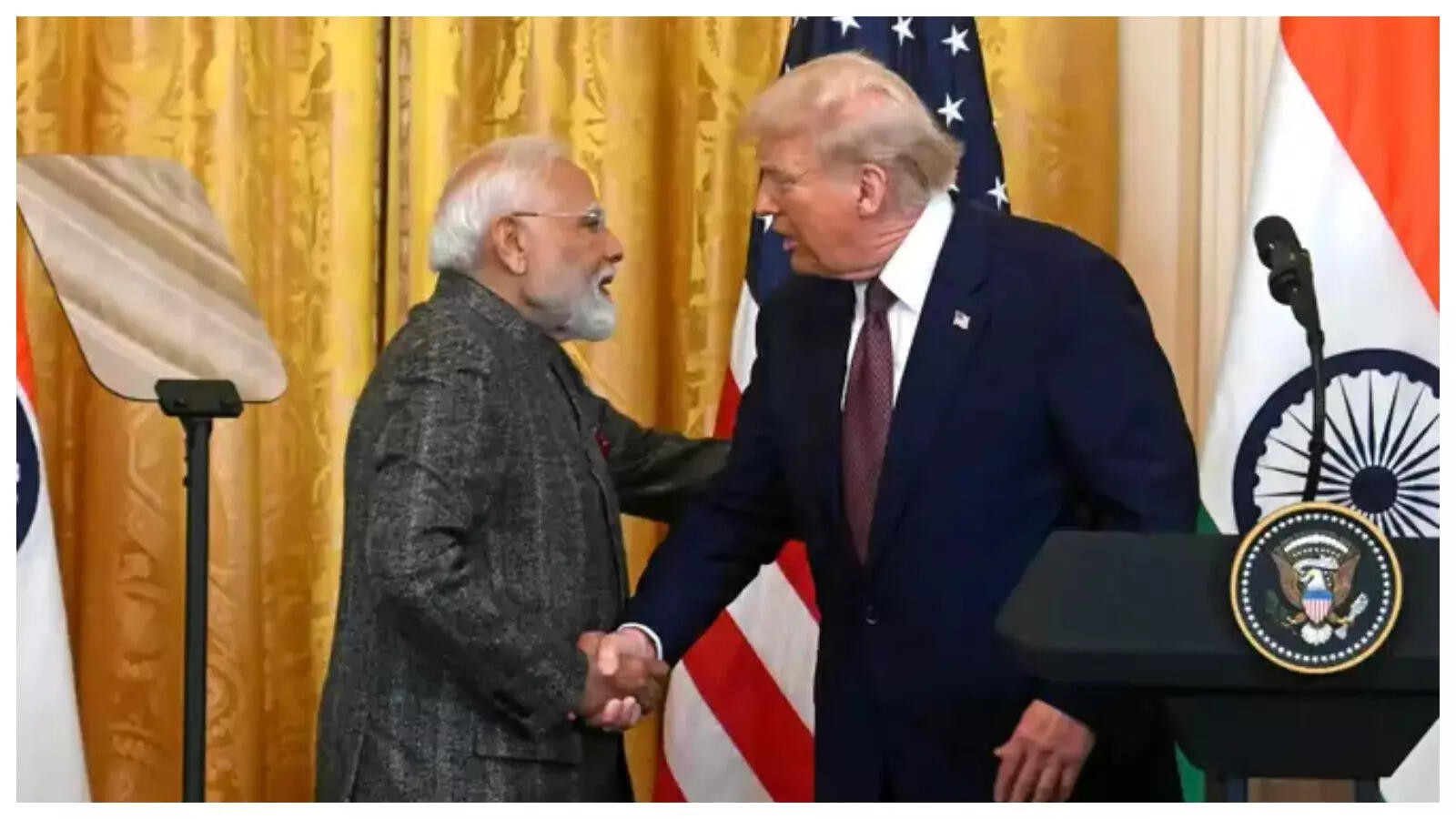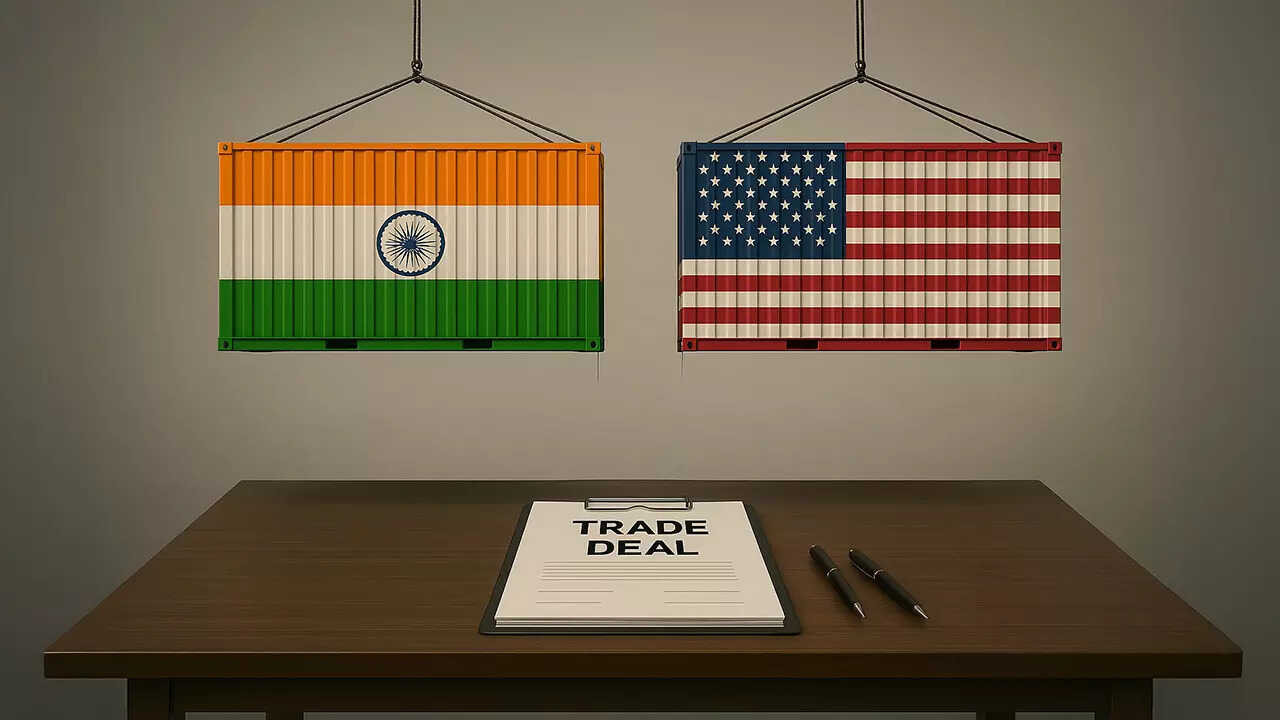China has introduced a two-year plan to stabilize its car industry amidst price wars and trade tensions. The initiative, spearheaded by eight government departments, focuses on price monitoring and boosting domestic demand. It sets a target of 15.5 million new energy vehicle sales in 2025, while addressing challenges posed by EU and Mexican trade barriers.
Navigating the Road Ahead: China’s Strategy for Auto Market Stability
China’s automotive sector, a global powerhouse, is charting a new course aimed at sustained stability. The government recently unveiled a comprehensive plan, signaling a proactive approach to managing market dynamics and ensuring healthy competition. But what exactly does this entail, and how might it impact both domestic and international players?
The initiative arrives at a pivotal moment. The Chinese auto market, while still massive, has experienced fluctuations. Factors like evolving consumer preferences, the rise of electric vehicles (EVs), and global economic headwinds have all contributed to a more complex landscape. This plan isn’t about stifling growth; instead, it’s about fostering a more sustainable and predictable environment for businesses to thrive.
A Deeper Dive into Cost Surveys and Price Monitoring
At the heart of the government’s strategy lies an increased emphasis on rigorous cost surveys and vigilant price monitoring. This isn’t simply about capping prices; it’s about gaining a clearer understanding of the true cost structures within the industry. By analyzing everything from raw materials to manufacturing processes, policymakers aim to identify potential areas for optimization and ensure fair pricing practices across the board.
This data-driven approach could lead to several positive outcomes. It could help prevent predatory pricing, where companies artificially lower prices to squeeze out competitors. It could also provide valuable insights for automakers themselves, helping them streamline operations and improve efficiency. Ultimately, the goal is to create a more level playing field where companies compete on innovation and quality, not just on aggressive price cuts.

Incentivizing Innovation and Strategic Investments
While cost management is crucial, the Chinese government understands that long-term stability requires more than just cost-cutting measures. The plan also includes provisions to encourage innovation and strategic investments in key areas like electric vehicles, autonomous driving, and advanced manufacturing technologies. This strategic focus aims to keep Chinese automakers at the forefront of the global automotive revolution.
This support comes in various forms, including research grants, tax incentives, and preferential treatment for companies developing cutting-edge technologies. The government recognizes that the future of the automotive industry is inextricably linked to these advancements, and they are committed to providing the resources and support needed to drive progress. This complements existing initiatives promoting EV adoption through subsidies and infrastructure development, further strengthening the country’s position in the new energy vehicle market. You can read more about China’s EV landscape on our related article, [China’s EV Revolution: A Look at the Road Ahead](example.com/china-ev-revolution).
The Global Implications of China’s Auto Market Strategy
China’s moves in the automotive sector have far-reaching implications for the global industry. As the world’s largest auto market, China’s policies can significantly impact international manufacturers, suppliers, and consumers. The focus on cost surveys and price monitoring could lead to increased scrutiny of foreign automakers operating in China, potentially requiring them to demonstrate fair pricing practices.
At the same time, the emphasis on innovation and strategic investments could create new opportunities for collaboration and partnerships with foreign companies. As Chinese automakers push the boundaries of EV technology and autonomous driving, they may seek out expertise and resources from international players.
However, the biggest effect will undoubtedly be felt by other countries reliant on auto part imports from China, as they will undoubtedly feel the squeeze if the Chinese implement stricter price control measures.
Finding the Right Balance
The success of this plan hinges on finding the right balance between government oversight and market freedom. Too much intervention could stifle innovation and discourage competition. Too little could lead to instability and unfair practices. The key will be to create a regulatory environment that is both supportive and transparent, allowing the market to function efficiently while ensuring fair competition and consumer protection.
The current plan, with its emphasis on data-driven insights and strategic support, suggests a thoughtful approach. Whether it ultimately achieves its goals remains to be seen, but it signals a clear commitment to navigating the complexities of the modern automotive landscape and securing a stable future for China’s auto industry.
The road ahead presents both challenges and opportunities. Navigating these effectively will be crucial for sustained growth and global competitiveness. By focusing on transparency, promoting innovation, and fostering a level playing field, China aims to steer its automotive sector toward a future of stability and success.







